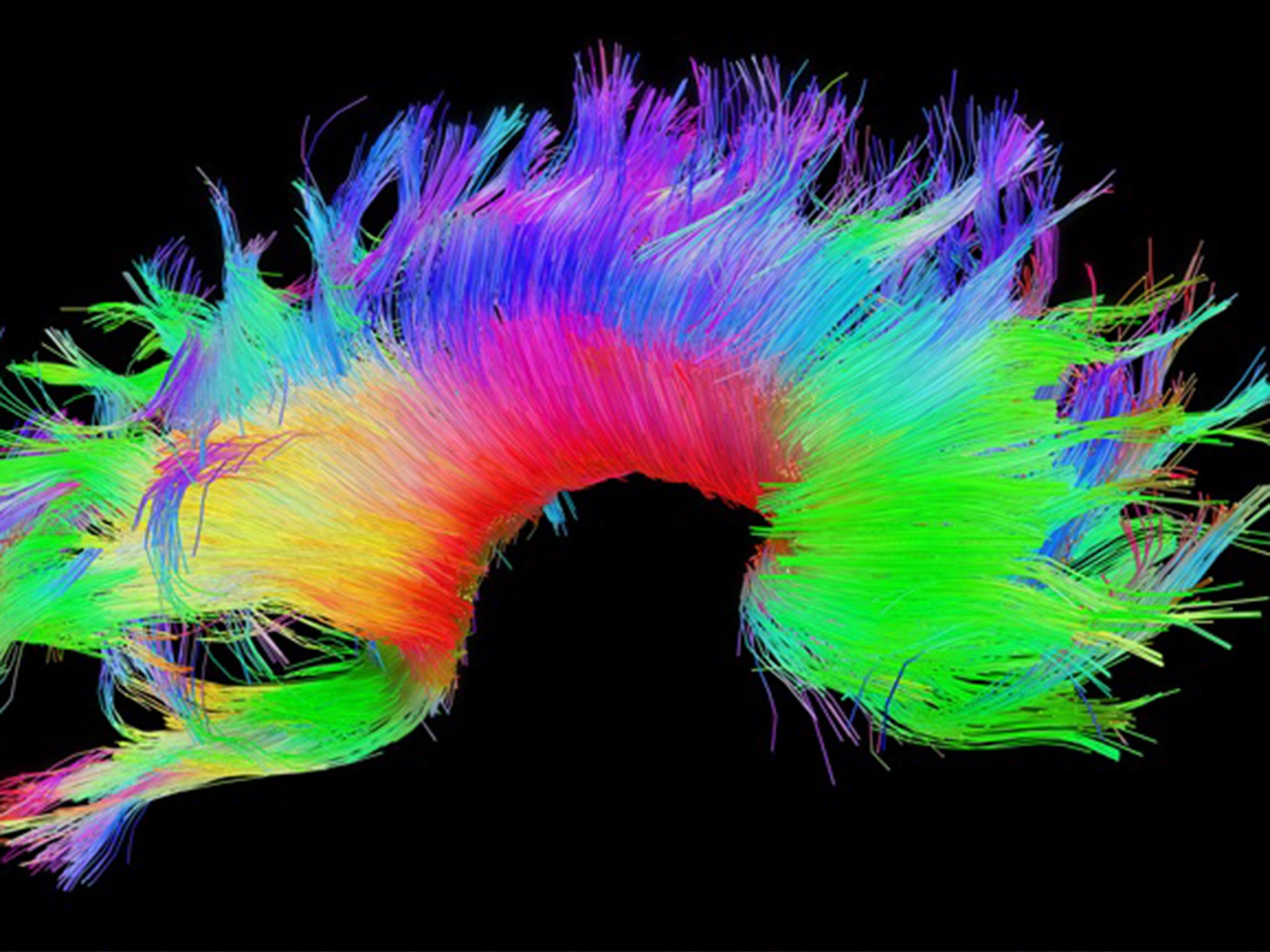Empathy is linked to violence and aggression, say US psychologists
Feelings of empathy towards one person can lead us to irrationally inflict pain on someone else, even when that second person has done nothing wrong

Your support helps us to tell the story
From reproductive rights to climate change to Big Tech, The Independent is on the ground when the story is developing. Whether it's investigating the financials of Elon Musk's pro-Trump PAC or producing our latest documentary, 'The A Word', which shines a light on the American women fighting for reproductive rights, we know how important it is to parse out the facts from the messaging.
At such a critical moment in US history, we need reporters on the ground. Your donation allows us to keep sending journalists to speak to both sides of the story.
The Independent is trusted by Americans across the entire political spectrum. And unlike many other quality news outlets, we choose not to lock Americans out of our reporting and analysis with paywalls. We believe quality journalism should be available to everyone, paid for by those who can afford it.
Your support makes all the difference.In a world where people frequently have difficulty understanding each other, the ability to "empathise" with the experience of someone else is generally seen as a major positive.
Yet psychologists in the field have said the same capacity - to put ourselves in one person's shoes - could equally turn us against another person to the extent that we might be cruel and vengeful against them.
Indeed, the greater the feeling of empathy for a victim, for instance, the greater the feelings of violence and wish to inflict pain is against any perpetrators, found the University at Buffalo team in New York state.
More surprising is their finding that empathy for one person can motivate us to inflict pain on someone else who is in no way responsible. As the researchers say, this aggression can be activated even "in the absence of wrongdoing or provocation from the target of aggression."
So it is a feeling which can cause deep bias and irrationality towards others, the study points out - and science should think twice before administering the hormones linked to empathy as a form of medical intervention.
In the study, authors Anneke Buffone and Michael Poulin handed 162 participants two different stories about a student suffering from serious financial problems. One story concluded, "I've never been this low on funds and it really scares me", whilst the other concluded, "I've never been this low on funds, but it doesn't really bother me."
The participants were then told that this poor student, and another student, were about to sit a test that could win them $20. They were able to administer hot sauce to one or both of the students, which would cause them pain and make them less likely to pass.
The participants who had read the distressing story about the poor student - rather than the nonchalant one - were much more likely to administer painful hot sauce to the other student, about whom they knew nothing, than if they had not read the distressing story.
In other words, participants were willing to inflict pain on a second person to help a person they felt empathy for - even though the second person had done absolutely nothing wrong.
The word "empathy" comes from the Ancient Greek word "empatheia", which literally translates as "suffering in" or "feeling in". It also, however, had a connotation of "partiality" in Ancient Greek, which means to be biased or one-sided in outlook.
Buffone and Poulin were also studying the effects of the two hormones involved in feeling empathy; oxytocin and vasopressin. The first is sometimes called the "cuddle chemical" or "moral molecule" according to Medical News Today for its effect on social behaviour, whilst vasopressin, which can work with oxytocin, is seen as having an effect on sexual motivation and mate bonding.
The authors conclude: "Our findings affirm that, for humans as well [as animals], caregiving and aggression are linked."
Join our commenting forum
Join thought-provoking conversations, follow other Independent readers and see their replies
Comments